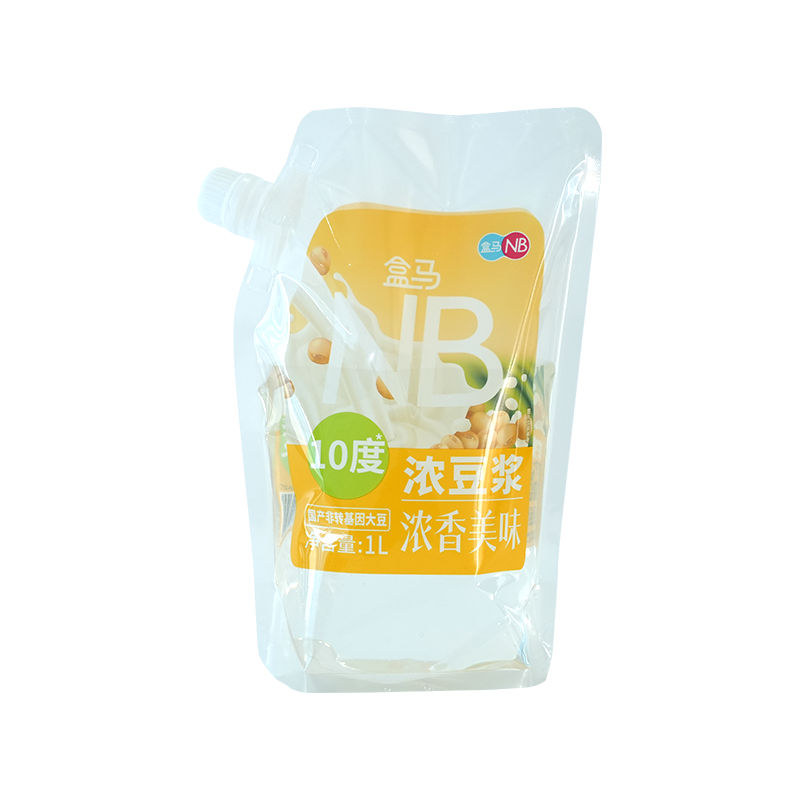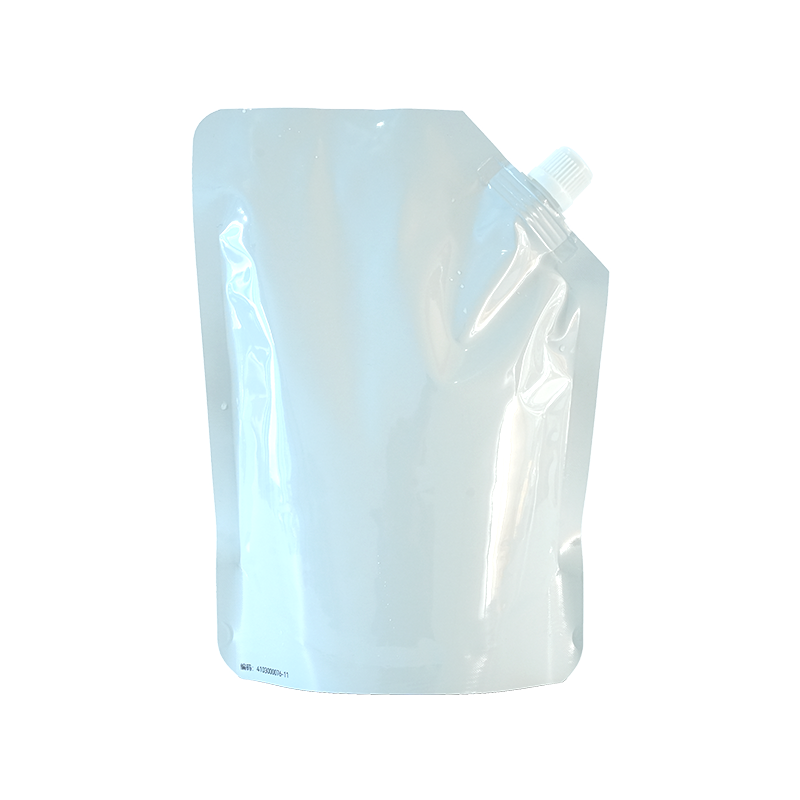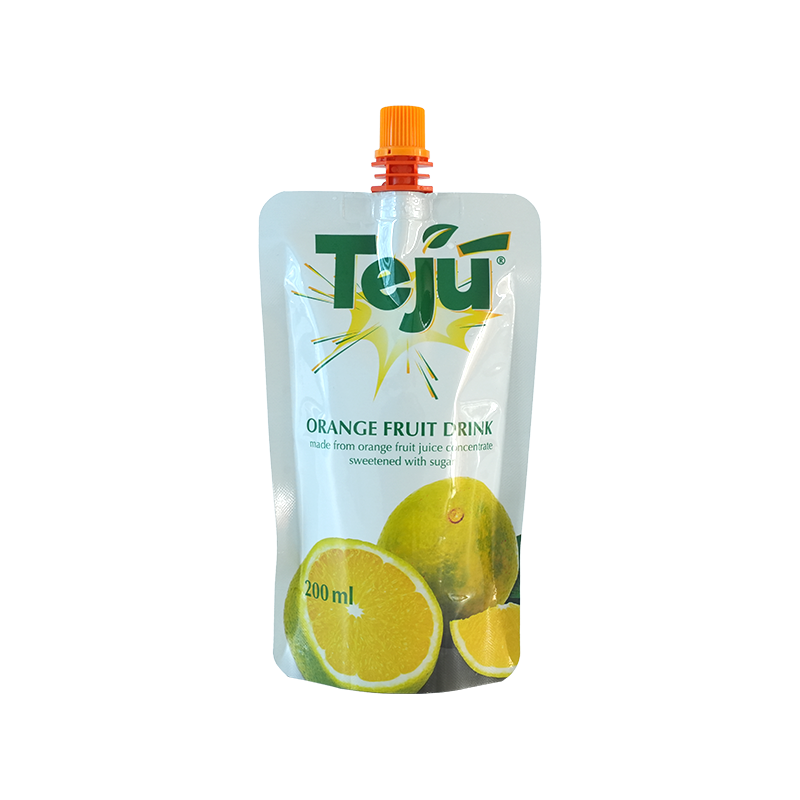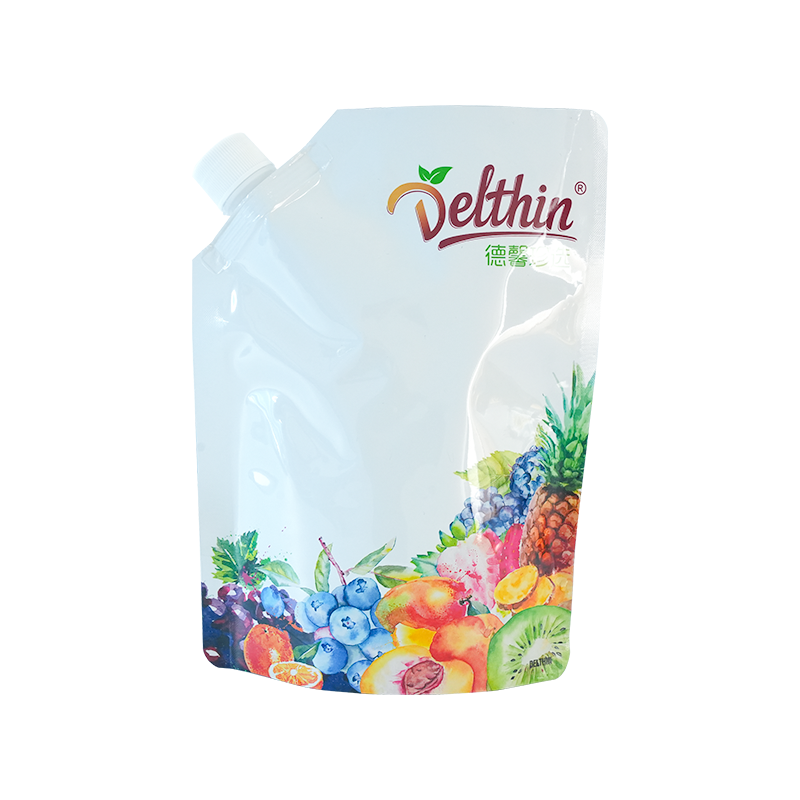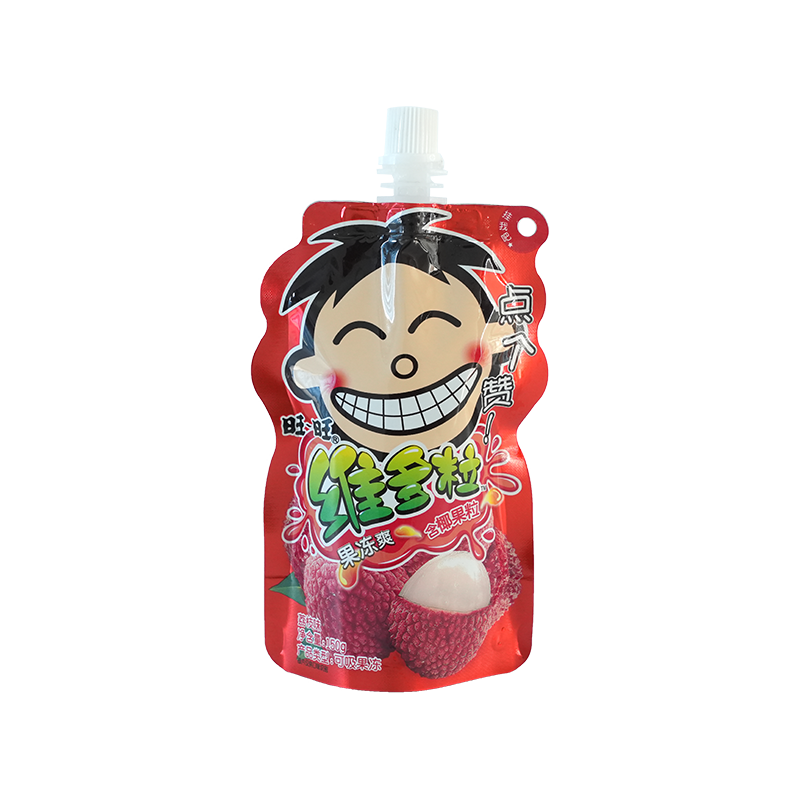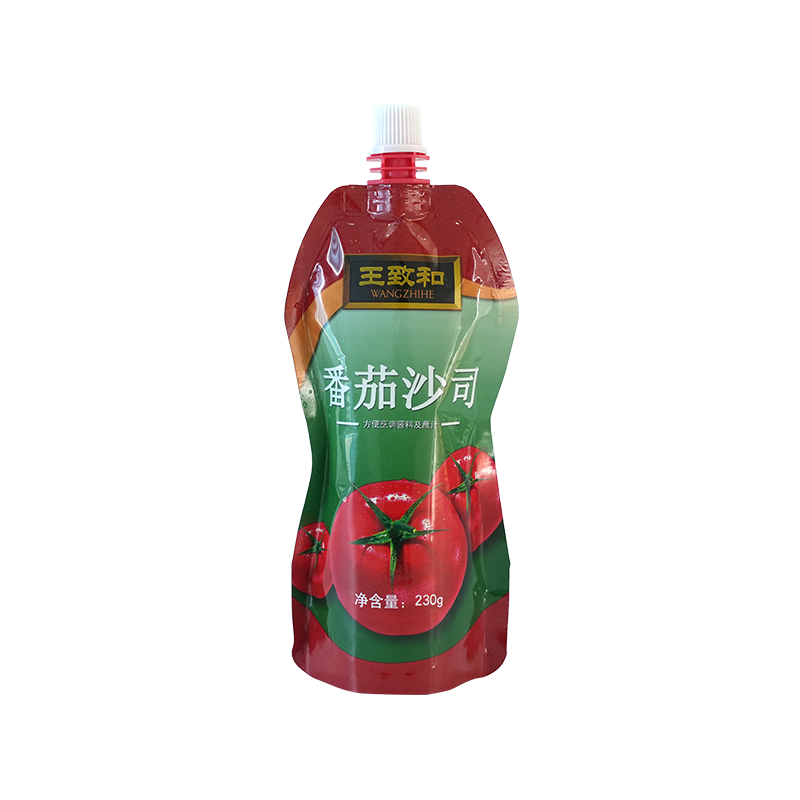The packaging of dairy products, particularly yogurt, plays a crucial role in maintaining quality, extending shelf life, and ensuring consumer safety. Among the various packaging components, yogurt PS cup sealing film has emerged as a critical element in preserving product integrity. Made from polystyrene (PS), this sealing film offers superior protection against contamination, oxygen exposure, and moisture loss while aligning with modern sustainability demands.
Why Is PS Cup Sealing Film a Game-Changer for Yogurt Packaging?
Yogurt is a highly perishable product, sensitive to microbial growth, oxidation, and moisture loss. Traditional sealing materials, such as aluminum foil or polyethylene (PE) films, have been widely used, but yogurt PS cup sealing film presents several superior properties.
Polystyrene, as a material, provides excellent rigidity and clarity, ensuring that the seal remains intact during transportation and storage. Unlike aluminum foil, which can delaminate or puncture, PS films maintain a consistent barrier against external contaminants. Additionally, PS sealing films are compatible with high-speed filling machines, reducing production downtime and improving efficiency.
One of the most significant advantages of PS sealing films is their airtight sealing capability. Yogurt requires an oxygen-free environment to prevent spoilage and maintain probiotic viability. PS films effectively minimize oxygen permeability, extending the product’s shelf life without the need for excessive preservatives. Furthermore, these films can be heat-sealed securely onto plastic cups, preventing leaks and maintaining product freshness.
A comparison of common sealing materials highlights the benefits of PS films:
| Property | PS Sealing Film | Aluminum Foil | PE Film |
|---|---|---|---|
| Oxygen Barrier | High | Very High | Moderate |
| Moisture Resistance | Excellent | Excellent | Good |
| Heat Seal Strength | Strong | Moderate | Variable |
| Compatibility with Cups | High | Medium | High |
Given these advantages, it is clear why yogurt PS cup sealing film has become a preferred choice for manufacturers seeking reliability and performance in dairy packaging.
How Does PS Sealing Film Ensure Food Safety and Compliance?
Food safety is a non-negotiable aspect of yogurt packaging. Regulatory bodies such as the FDA (U.S. Food and Drug Administration) and the EU Commission have strict guidelines on materials that come into direct contact with food. Yogurt PS cup sealing film meets these stringent requirements, as polystyrene is an approved food-grade material when manufactured under controlled conditions.
One of the critical safety features of PS films is their inertness. They do not react with acidic or dairy-based products, ensuring that no harmful substances migrate into the yogurt. Additionally, these films are resistant to grease and oils, preventing any weakening of the seal over time.
Microbial contamination is another major concern in dairy packaging. PS films act as a robust barrier against bacteria, yeast, and mold, significantly reducing the risk of spoilage. This is particularly important for probiotic yogurts, where live cultures must remain uncontaminated. The heat-sealing process further sterilizes the seal area, eliminating any residual microorganisms.
For manufacturers, compliance with international standards is essential. PS sealing films undergo rigorous testing for:
- Migration limits (ensuring no harmful chemicals leach into food).
- Thermal stability (resistance to high temperatures during sealing).
- Mechanical strength (preventing seal failure under stress).
By adhering to these standards, yogurt PS cup sealing film ensures that products remain safe for consumption throughout their shelf life.
Can Yogurt PS Sealing Films Align with Sustainable Packaging Trends?
Sustainability has become a dominant concern in the packaging industry, with consumers and regulators demanding eco-friendly solutions. While polystyrene has faced criticism due to its plastic nature, advancements in recycling and material science have improved the environmental profile of yogurt PS cup sealing film.
One of the key sustainability benefits of PS films is their lightweight nature. Compared to multi-layered laminates or aluminum-based seals, PS films reduce material usage without compromising performance. This minimizes the carbon footprint associated with transportation and raw material consumption.
Recycling is another critical factor. While not all PS films are universally recyclable, many facilities now accept clean polystyrene waste. Some manufacturers have also developed rPS (recycled polystyrene) films, incorporating post-consumer materials without affecting sealing performance. Additionally, research into biodegradable PS alternatives is ongoing, though widespread commercial adoption is still in development.
A comparison of environmental impact factors:
| Factor | PS Sealing Film | Aluminum Foil | PE Film |
|---|---|---|---|
| Recyclability | Moderate | High | Variable |
| Carbon Footprint | Low (lightweight) | High | Moderate |
| Biodegradability | Limited | No | Some grades |
While no single material is perfect, yogurt PS cup sealing film offers a balanced approach—delivering functionality while gradually adapting to greener solutions.
What Should Manufacturers Consider When Choosing the Right Sealing Film?
Selecting the optimal sealing film for yogurt packaging involves multiple considerations. The right choice depends on the product’s specific requirements, production conditions, and cost constraints.
1. Material Thickness and Barrier Properties
Thicker films provide better durability but may increase material costs. A balance must be struck between strength and flexibility. For oxygen-sensitive products, high-barrier PS films with enhanced sealing properties are ideal.
2. Adhesion Strength and Heat Seal Performance
The film must adhere securely to the cup under varying temperatures. Weak seals can lead to leaks or contamination. Manufacturers should test seal integrity under different humidity and temperature conditions.
3. Compatibility with Cup Materials
Not all PS films bond equally well with every cup type. Compatibility tests should be conducted to ensure a strong, uniform seal across different cup materials (e.g., PP, PET, or PS cups).
4. Cost Efficiency vs. Performance
While premium films offer superior performance, cost remains a decisive factor. Manufacturers must evaluate whether the extended shelf life and reduced waste justify higher material expenses.
By carefully assessing these factors, producers can optimize their packaging processes, ensuring that yogurt PS cup sealing film delivers both quality and efficiency.

